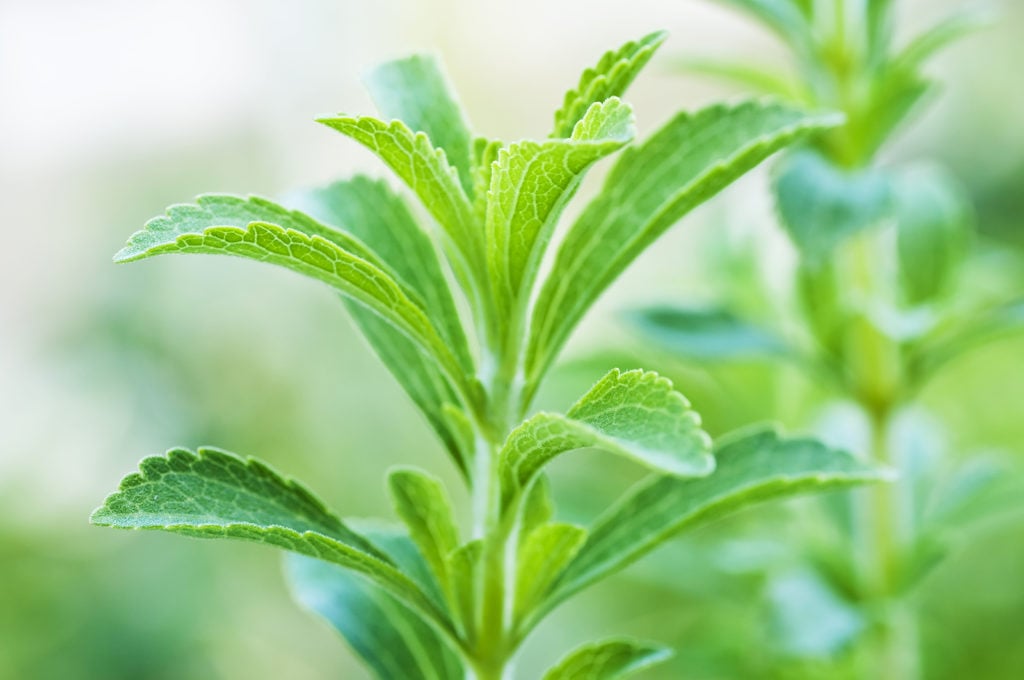Mérida, Yucatán, (March 19, 2021).- Stevia is a great substitute for sugar because the active substance of this plant sweetens 300 times more than sugar and is not assimilated by the body, so it does not make you fat and has medicinal properties for the treatment of diabetes. This plant has no medical contradictions, which makes it a great tool in herbal medicine.
Its main properties
Originally from Paraguay, Stevia was used for its cardiotonic and hypotensive properties, against heartburn and to lower uric acid. It is useful as a sweetener in diabetes as it does not affect glucose levels or insulin secretion.
It is used to improve the level of sugar in the blood, improve hypertension, blood circulation, problems such as constipation and prevent fluid retention. Diuretic and good for kidney problems. It is a great oral antiseptic and a powerful antioxidant. In addition, it is used as a cognitive stimulant. It is recommended to take four leaves a day.

This plant was known as a great sweetener and today it has become popular as a substitute for sugar. A great natural option to replace sugar consumption. The use of this plant is a way of leading a healthy life connected with the earth.
Stevia in Mexico
Due to the cultural syncretism that has been experienced throughout history, a large number of plants, such as Stevia, have migrated to different countries and these have entered the plants in use in each region. People use plants from all over the world that have been shared with us and have been inserted into our traditions, from basil, rosemary, lavender, or cilantro, to others such as Stevia, and we certainly cannot deny their uses within ancient traditions.
This learning has brought great things and has cultural connotations, because, as is the case in Africa or Asia, it tells us about the cultural encounter of these cultures.
In the case of Mexico, the first Stevia plantings were registered in 2011 in both Quintana Roo and Yucatán. By 2012 arrived in Nayarit, and a year later joined the sowing fields of Chiapas and Veracruz.
Currently, Stevia crops can also be located in states such as Jalisco, Sinaloa and Tlaxcala.


